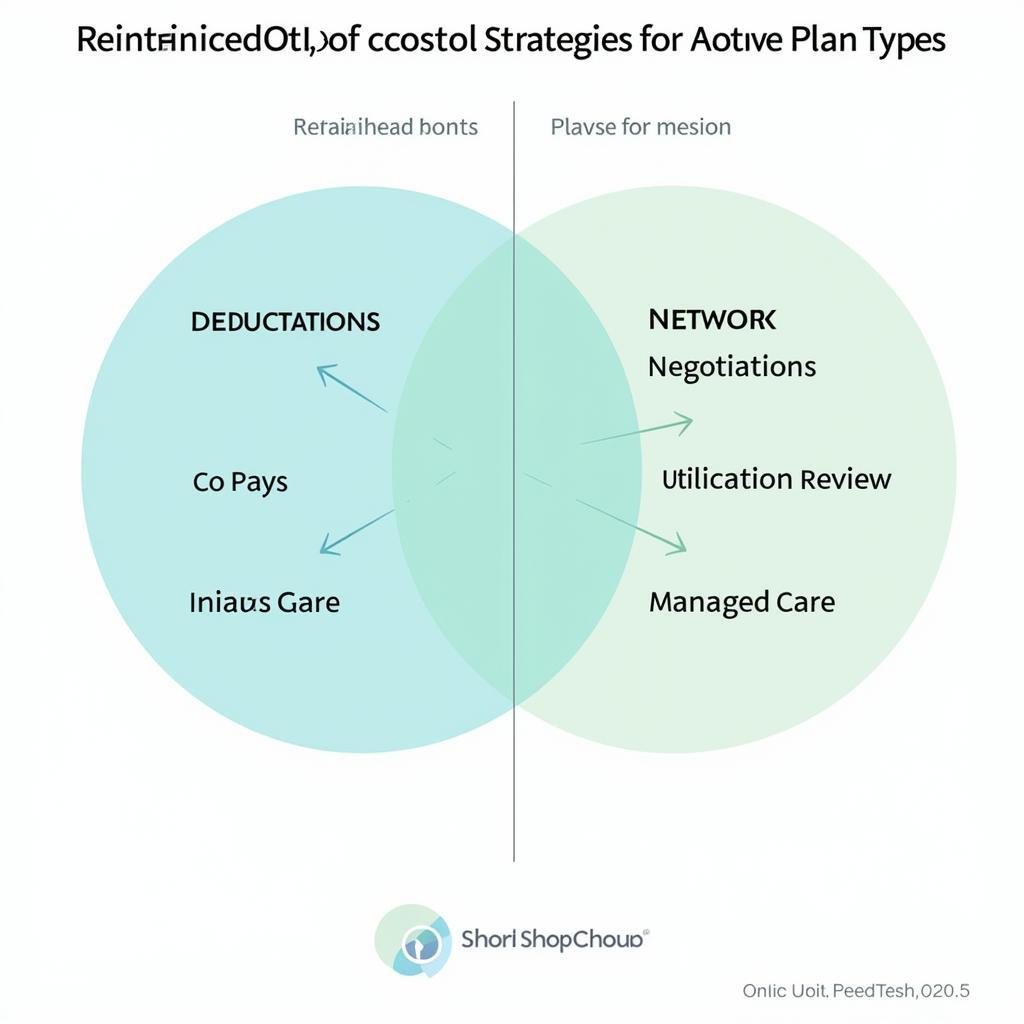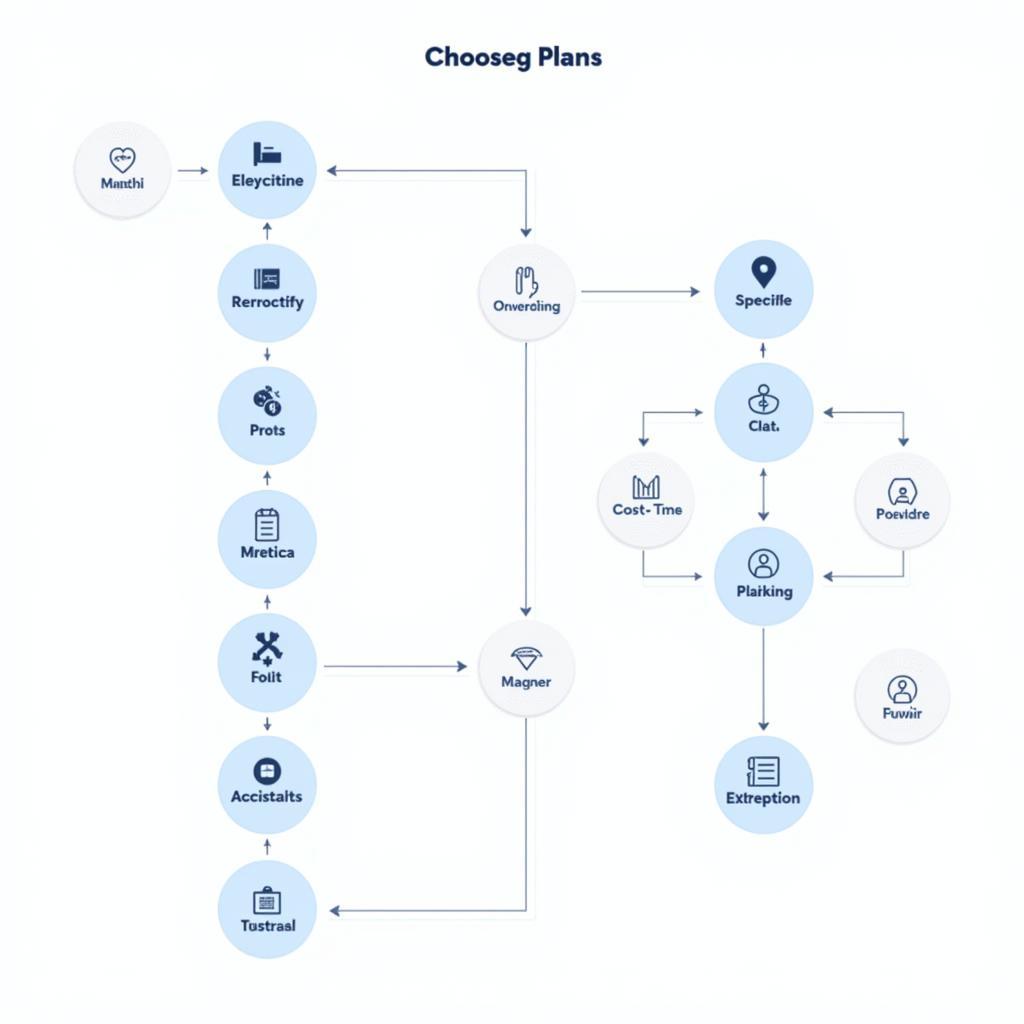How Are Fee-for-Service Plans and Managed Care Plans Similar?
Fee-for-service and managed care plans, while distinct in many ways, share some surprising similarities. Both aim to provide healthcare coverage, though their approaches to cost control, provider networks, and patient choice differ significantly. Understanding these similarities and differences can help you make informed decisions about your healthcare coverage.
Shared Goals: Access to Healthcare and Financial Protection
Both fee-for-service and managed care plans ultimately aim to provide individuals with access to necessary medical services and offer some level of financial protection against the high costs of healthcare. They both involve a system of payment for medical services, although the mechanisms differ. Both types of plans also strive to ensure quality care, albeit through different methods of oversight and quality control. While managed care often emphasizes preventative care more explicitly, both models recognize the importance of keeping people healthy.
How Cost Control Mechanisms Overlap
While their strategies differ, both fee-for-service and managed care plans attempt to control costs. Fee-for-service plans traditionally rely on patient cost-sharing through deductibles, co-pays, and coinsurance. Managed care plans employ techniques like network negotiations, utilization reviews, and pre-authorization requirements. Interestingly, some aspects of cost-sharing are also present in managed care plans, demonstrating an overlap in cost control mechanisms.
 Comparing Cost Control Mechanisms in Fee-for-Service and Managed Care Plans
Comparing Cost Control Mechanisms in Fee-for-Service and Managed Care Plans
Similarities in Provider Networks: Access to Specialists
Although managed care plans are known for their defined networks of providers, both fee-for-service and managed care plans offer access to specialists. In fee-for-service, patients typically have more freedom to choose any specialist, while managed care plans may require referrals or pre-authorization. However, both models recognize the necessity of specialist care for certain conditions. The key difference lies in the level of patient choice and the process for accessing those specialists.
Patient Choice and Flexibility: A Common Thread
The extent of patient choice is a major differentiator between the two plan types. However, even within managed care, different plan types offer varying levels of flexibility. For example, PPOs (Preferred Provider Organizations) offer more out-of-network coverage than HMOs (Health Maintenance Organizations), providing a degree of choice reminiscent of fee-for-service plans, although at a higher cost. So, while often presented as starkly different, both models address the need for patient choice to some degree.
 Spectrum of Patient Choice in Healthcare Plans
Spectrum of Patient Choice in Healthcare Plans
Focus on Quality of Care
Both fee-for-service and managed care models strive to deliver quality healthcare. Fee-for-service traditionally relies on professional licensing and accreditation standards to ensure quality. Managed care plans often implement quality metrics, utilization reviews, and provider performance evaluations. While the methods differ, the underlying goal remains the same: to provide patients with effective and appropriate medical care.
“The pursuit of quality care is a common denominator across all healthcare delivery models. Whether it’s through rigorous credentialing or ongoing performance reviews, the aim is always to ensure patients receive the best possible care,” says Dr. Amelia Hernandez, a healthcare policy analyst at the Institute for Healthcare Advancement.
Navigating the Healthcare Landscape
Understanding the similarities and differences between fee-for-service and managed care is crucial for navigating the complex world of health insurance. By recognizing the common ground and the distinct characteristics of each model, you can make informed choices that align with your individual needs and preferences.
 Choosing the Right Healthcare Plan for Your Needs
Choosing the Right Healthcare Plan for Your Needs
“Ultimately, the best healthcare plan is the one that best meets your specific requirements. Consider your health status, budget, and preferred level of choice when making your decision,” advises Dr. Michael Chen, a family physician with over 20 years of experience.
Conclusion: Finding the Right Fit
While fee-for-service and managed care plans differ significantly in their approach to cost control and provider networks, they share some underlying similarities. Both aim to provide access to healthcare, offer financial protection, and ensure quality care. How are fee-for-service plans and managed care plans similar? The answer lies in their shared ultimate goals, despite their differing methods. Understanding these similarities and differences can empower you to choose the plan that best suits your individual needs.
FAQ
- What is the main difference between fee-for-service and managed care?
- Are there different types of managed care plans?
- Which plan type offers more flexibility in choosing doctors?
- How do the costs compare between fee-for-service and managed care?
- Which plan is better for someone with a chronic illness?
- What is a provider network?
- How can I find out more about my healthcare plan options?
Need More Help?
For personalized assistance in choosing the right car service plan, contact us via WhatsApp: +1(641)206-8880 or Email: [email protected]. Our 24/7 customer support team is ready to help. You can also explore other related articles on our website for more in-depth information on car service options, diagnostic technologies, and maintenance tips.

